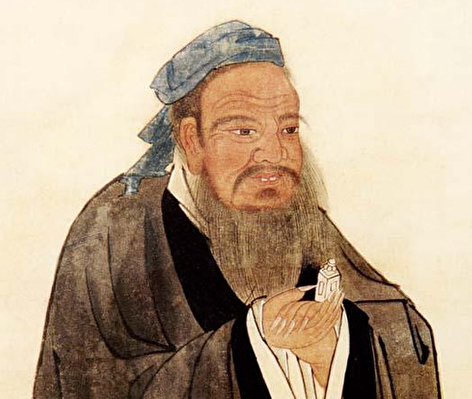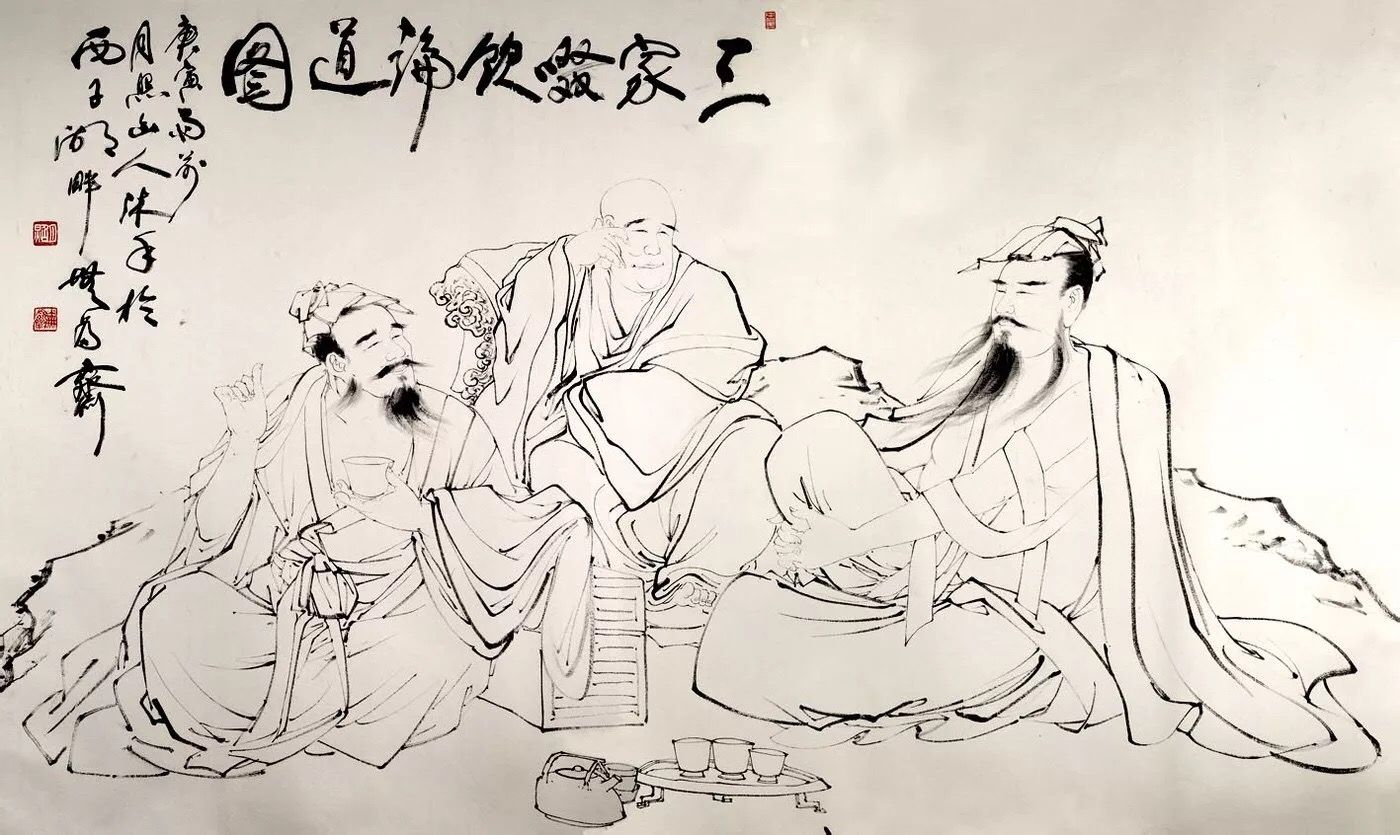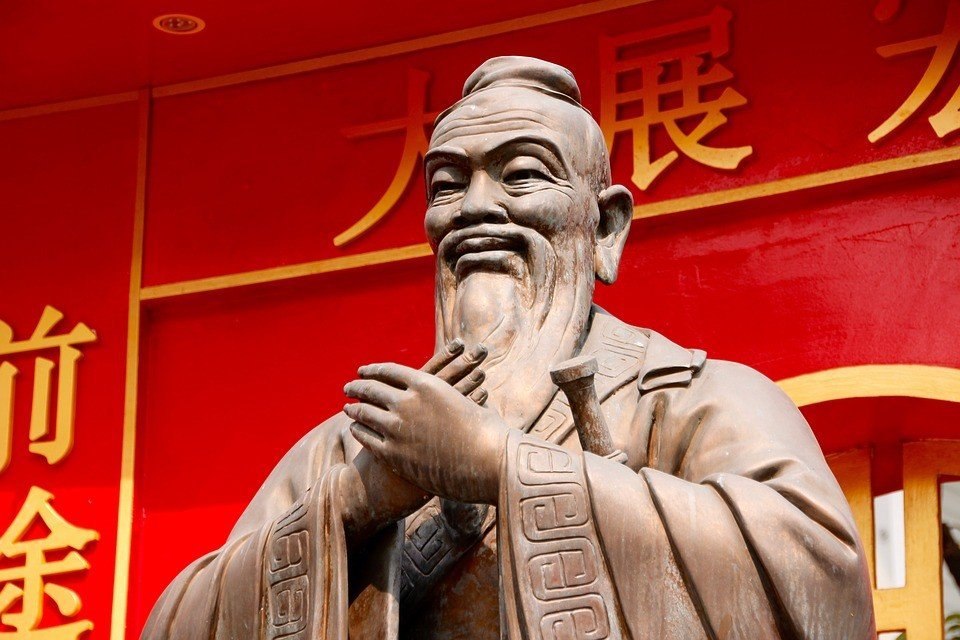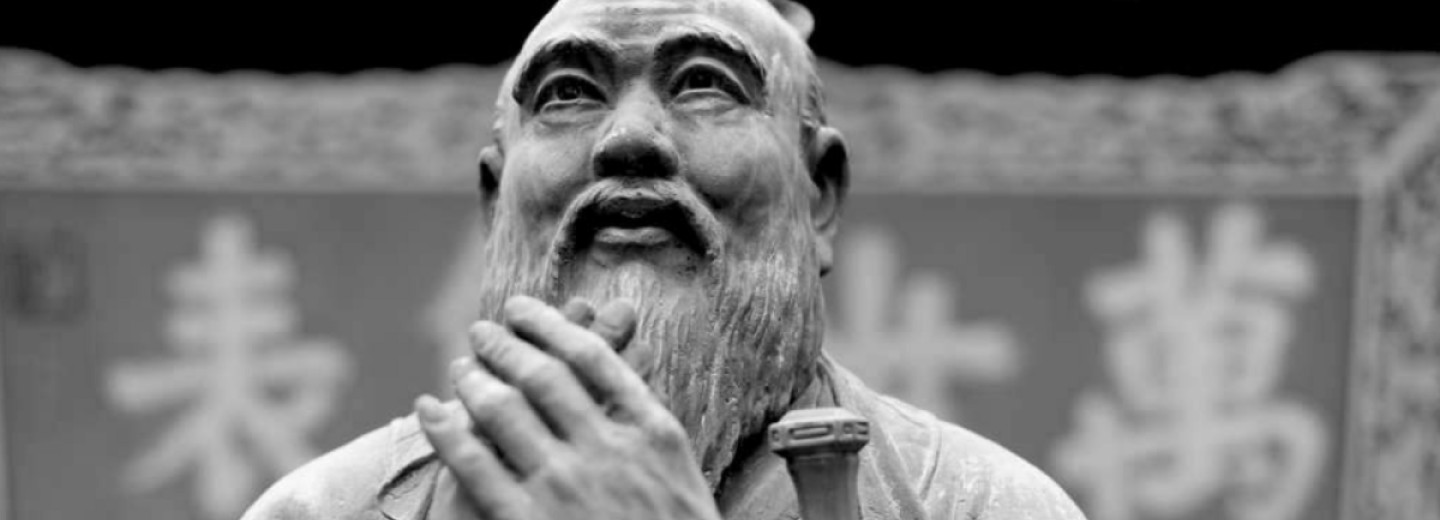The legacy of Confucius
“Confucius”, writes AC Grayling in my copy of ‘The Analects’, “is a figure so wrapped in legend that he sometimes seems to be a legend himself. However, he has a birthplace in Shandong province and the span of his life is precise – 551-479 BCE. This puts him a generation ahead of Socrates.” The end of Confucius’ life saw the start of the Warring Sates period in China before its unification under the First Emperor in 221 BCE. The political and military struggles that were taking place between the Chinese states during the life of Confucius, even before wars broke out, affected his thinking and writing.
Confucius has had a profound influence on generations of Chinese people. He was one of the most erudite scholars of his time. In some ways, he exemplifies Chinese culture and thought even today. Like most philosophers and religious leaders, Confucius defined codes of behaviour for those, especially rulers, who aspired to lead well and be good people. While humans often fail to reach the standards of behaviour for which Confucius is admired, his writing continues to inspire thought and guidance.

Central to Confucius’ philosophy is ‘benevolence’. A name for a benevolent person would be a ‘gentleman’. The cultivation of benevolence not only means acting rightly, justly, and compassionately towards others. It also ensures that one avoids being arrogant, unjust, ingratiating, or tyrannical oneself. Confucius believed that none of the states he visited had rulers who were benevolent or gentlemanly. Chinese scholars define Confucius today in three ways: as educator, statesman, and thinker. Education was Confucius’ main occupation. He pursued politics all his life. Thinking was his most important intellectual achievement. The three are inseparable to understanding his life and work.
Confucius’ educational legacy
In modern China, Teacher’s Day is September 10th. September 28th is Confucius’s birthday. Some believe that September 28th should become Teacher’s Day. Confucius was the first great educator in Chinese history. His propositions included setting no formal curriculum but teaching students in accordance with their aptitude, interests, and moral education.
I am grateful to Professor Liu Lifu of Central South University published in the journal I-fengfor his authoritative views. In the Professor’s view, Confucius’ greatest contribution to China’s education included the compilation of the “Five Classics”. The later “Four Books and Five Classics” are also derived from Confucius. These textbooks have been used for the education of the Chinese for thousands of years.
As a result, the Confucian school became the mainstream of Chinese academic culture.
Confucius also created a precedent for ‘personality education’. The purpose of Confucius’ school was to cultivate gentlemen. The term ‘gentleman’ originally meant an adult and a member of the aristocracy. Confucius was the first to turn the meaning into the expression of an ideal personality. For example:
A gentleman is for righteousness; a small man is for profit.
A gentleman is magnanimous to all; a small man selfishly only feeds his relatives.
Confucius thus gave ‘gentleman’ a moral meaning. He ranked morality first, and knowledge second. Education in ancient China was based on morality and talent development with personality education as the basis. Knowledge education was second. “If you have enough character, you can learn literature.”

Today, China also advocates building morality and developing people. However, the curriculum is based, as elsewhere, on knowledge education. Chinese people need to reflect on this.
Confucius’ political legacy
Some people say that, with the “Analects of Confucius’ one can govern the world. According to this logic, if you read all the Analects, you can become a great politician! Obviously, it cannot be done. If the country is governed only according to Confucius’s principles, it may not work. This is only a necessary condition, but not a sufficient condition. However, the influence of “The Analects of Confucius” on traditional Chinese political thought is huge.
Confucius’ political wisdom has three main points:
First – govern the country by virtue. If the ruler rules the country by virtue, the officials and people will automatically follow. China’s dynasties advocated governing the country by virtue, rather than governing it by law. This originated from Confucius.
Relying on government decrees to manage, and criminal law to restrain, people will try to avoid punishment. With morality as a guide and ethics as restraint, the people not only respect the rules, but also have a sense of shame if they break them.
The core of politics is morality, not severe penalties. Second, “politicians must be moral.”
Confucius’s advice was:
If you dare to be righteous, you are a good man.
It means that all the people in power must be upright. If the people in power are upright, the ordinary people will follow suit. “If the body is upright, do not instruct; if the body is not upright, even an instruction is not followed.” Today in China, as elsewhere, many emphasize that politicians should lead by example.
Third, “the people cannot succeed without credibility.” A country’s stability and prosperity are determined by many factors. Confucius believed that there are three factors that are most important – sufficient food, an adequate army, and the people’s trust.
“Sufficient food” means to develop the economy. The army consolidates national defence. People’s trust is what the people want and need. The government must win the people’s trust to have full credibility. A country’s political power will perish without the people’s trust and support. (These thoughts are often quoted in the speeches of the Communist party and state leaders. Confucius is an important source of Chinese traditional, people-oriented, political thinking.)
Confucius’ philosophical legacy

Confucius was a down-to-earth philosopher. His philosophy focuses on practical rationality, including political philosophy for politics and moral philosophy for life. Its two main points are “benevolence” (as we have seen) and “ritual”. One is internal and the other, ritual, is external. By “ritual” Confucius meant following polite human guidelines and practices. Rites are social norms and codes of conduct. If a person is only superficially observant, he may be hypocritical.
A person who can be both benevolent and act with courtesy is a gentleman and is suited for politics.
Confucius clearly believed that benevolence is the key to solving all problems in the world. If there is no benevolence, the country, society, and people will not be at peace. Confucius did not define what benevolence is, but its basic content is “the benevolent person loves others”.
Important thinkers in all civilized cultures, have found similar answers to these fundamental questions in life. The “benevolence” of Confucius, the “fraternity” of Christianity, and the “compassion” of Buddhism are similar. Confucius’s “Do not do to others what you do not want them to do to you” is the moral bottom line of people all over the world.
Conclusion
Confucius is the best known of all the Chinese philosophers. From this analysis by an expert Chinese academic, we can see the relevance of his thinking to today’s China. His thoughts echo down the centuries, not just in pithy quotes, but in many of the ideals and practices that exist today.
His principles, surely, are relevant far beyond China.
Worked on the article:

Wanlikhang





